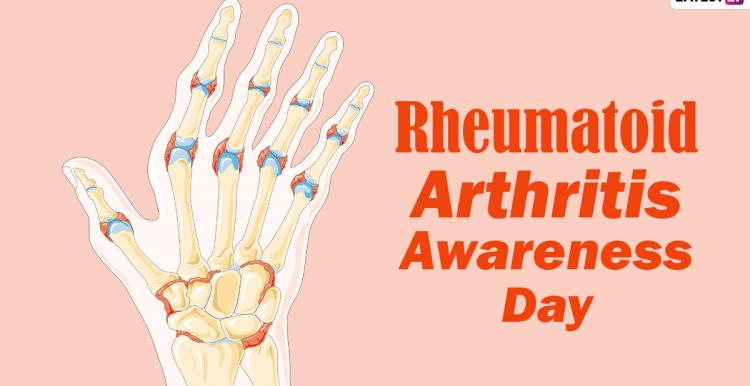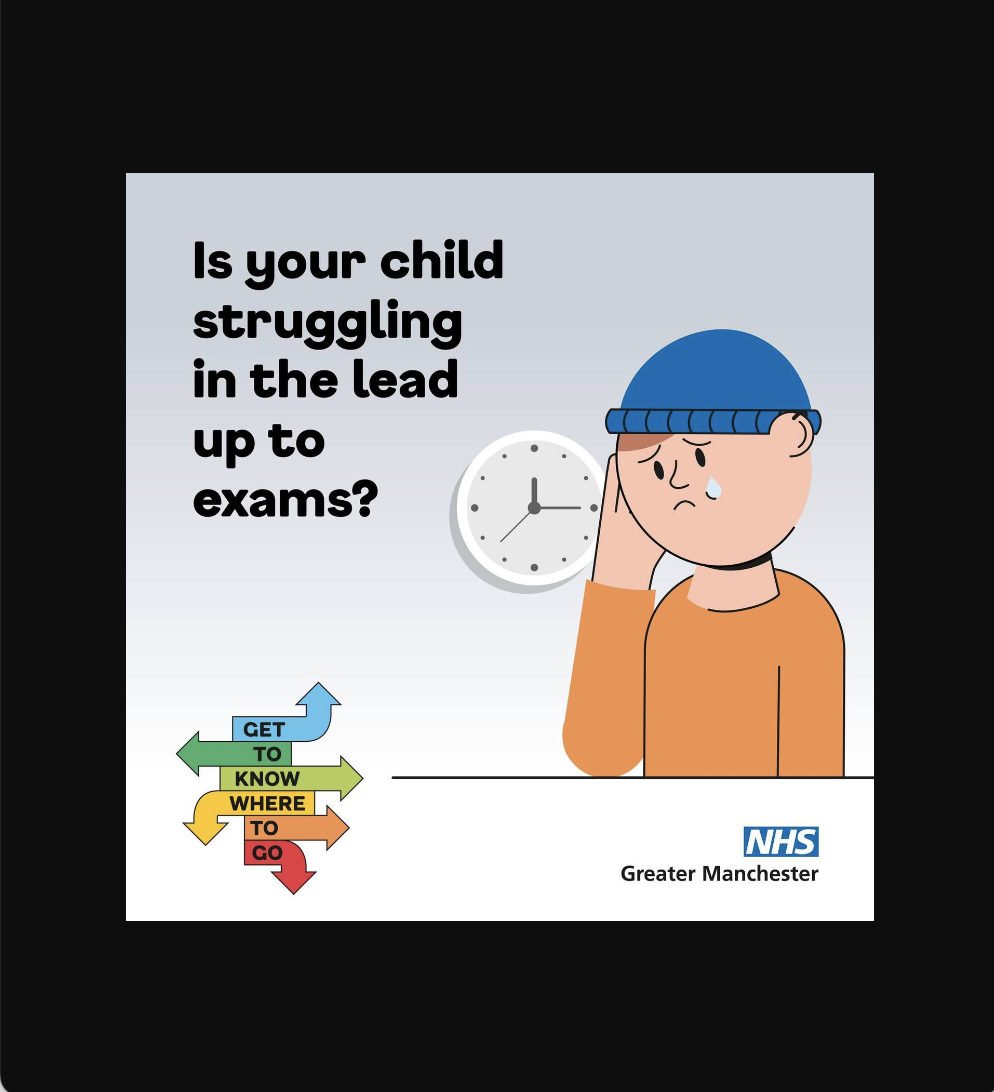Rheumatoid Arthritis Awareness Week

Rheumatoid arthritis is a long-term condition that causes pain, swelling and stiffness in the joints. The condition usually affects the hands, feet and wrists.
There may be periods where symptoms become worse, known as flare-ups or flares.
A flare can be difficult to predict, but with treatment it's possible to decrease the number of flares and minimise or prevent long-term damage to the joints.
Some people with rheumatoid arthritis also experience problems in other parts of the body, or more general symptoms such as tiredness and weight loss.
Symptoms of rheumatoid arthritis
The symptoms of rheumatoid arthritis often develop gradually over several weeks, but some cases can progress quickly over a number of days.
The symptoms vary from person to person. They may come and go, or change over time.
- Joint pain
- Joint stiffness
- Joint swelling, warmth, and redness
Additional symptoms
- Tiredness and a lack of energy
- A high temperature
- Sweating
- Poor appetite
- Weight loss
- Dry eyes
- Chest pain
Managing rheumatoid arthritis
There is good evidence to show that self-management works to improve outcomes for people with conditions such as rheumatoid arthritis. It is not managed by healthcare professionals and the prescribing of medications alone, though they do of course play an important role.
Being diagnosed with a long term health condition and being on long term medication can have a huge impact on the person with rheumatoid arthritis. It can also make them feel as though they are not in control of the situation and taking back some of that control is important.
Some lifestyle changes you can make include:
- Exercise - it's important not just to reduce the risk of further joint damage but for reducing the risk of heart disease, improving muscle strength and mental wellbeing too
- Diet - there is a huge amount of dietary advice aimed at people with rheumatoid arthritis
- Smoking - smoking can make people more susceptible to developing rheumatoid arthritis, can worsen rheumatoid arthritis symptoms and make medication less effective
- Alcohol - managing alcohol intake can be important for those taking certain medications; understanding the risks of drinking too much alcohol, sensible drinking levels and what a unit looks like can help you to manage your health
Local support
Here are some services in Wigan and Leigh that can provide support, advice, and care for rheumatoid arthritis:
- Wrightington Hospital Rheumatology Department
- Bridgewater Home Care - they can provide specialist arthritis care


